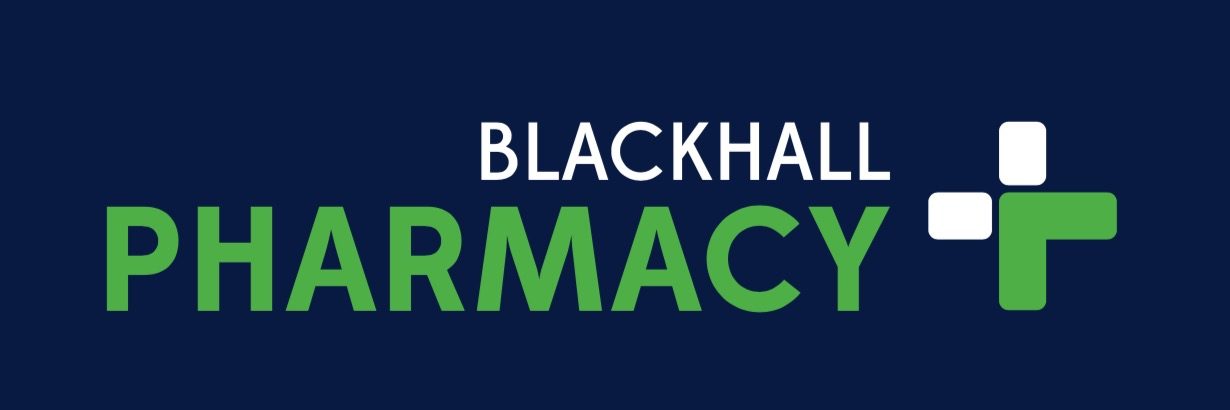Stroke outcomes in Ireland could be significantly improved if more people were willing to act on key stroke warning signs. the Irish Heart Foundation (IHF) has said.
A survey carried out for the IHF’s National FAST Awareness Week which takes place this week, showed that public awareness of stroke warning signs has increased by 190% since the IHF launched its Act FAST campaign three years ago.
However, it was found that only one in two people would call an ambulance immediately in the event of someone likely to be having a stroke.
The survey revealed that just 52% of respondents would phone 999 as their first reaction to a stroke.
The IHF says this shows a worrying change in public reaction compared to the FAST campaign launch in 2010 when stroke-related hospital admissions soared by 87% because people knew to go to hospital as soon as they recognised a stroke symptom.
The F.A.S.T. acronym stands for:
– Face – has their face fallen on one side?
– Arms – can they raise both arms and keep them there?
– Speech – is their speech slurred?
– Time – time to call 999 if you see any one of these signs.
The low rate of people who say they would call an ambulance immediately is in sharp contrast to overall awareness of FAST warning signs – including facial droop, arm weakness and slurred speech which has increased from 30% to 87% of the adult population, the IHF says.
Its Head of Advocacy, Chris Macey said since 2010 the numbers receiving life-changing clot busting treatment have dramatically increased by more than 400% nationally as a result of the FAST campaign and the rapid development of 24/7 thrombolysis services nationally by the HSE’s National Stroke Programme.
“This has helped cut death and disability rates from stroke significantly against demographic and international trends.”
“But the survey proves that a lot more lives could be saved in Ireland and a lot more stroke sufferers could be spared from severe disability requiring long-term institutional care if more people acted on the warning signs by calling 999,” Mr Macey added.
In response to being asked what’s the first thing they would do if they thought they were having a stroke, just 52% said they would call an ambulance, whilst 23% said they would tell a family member, friend or neighbour and 12% said they would call their GP, the survey found.
The IHF says these statistics are alarming because there is little point in people knowing when they’re having a stroke if they don’t know that the only proper response is to call an ambulance immediately.
The average stroke destroys two million brain cells every minute, which means the quicker you get emergency treatment, literally the more of your brain can be saved, the IHF stressed.
by Niall Hunter
www.irishhealth.com
